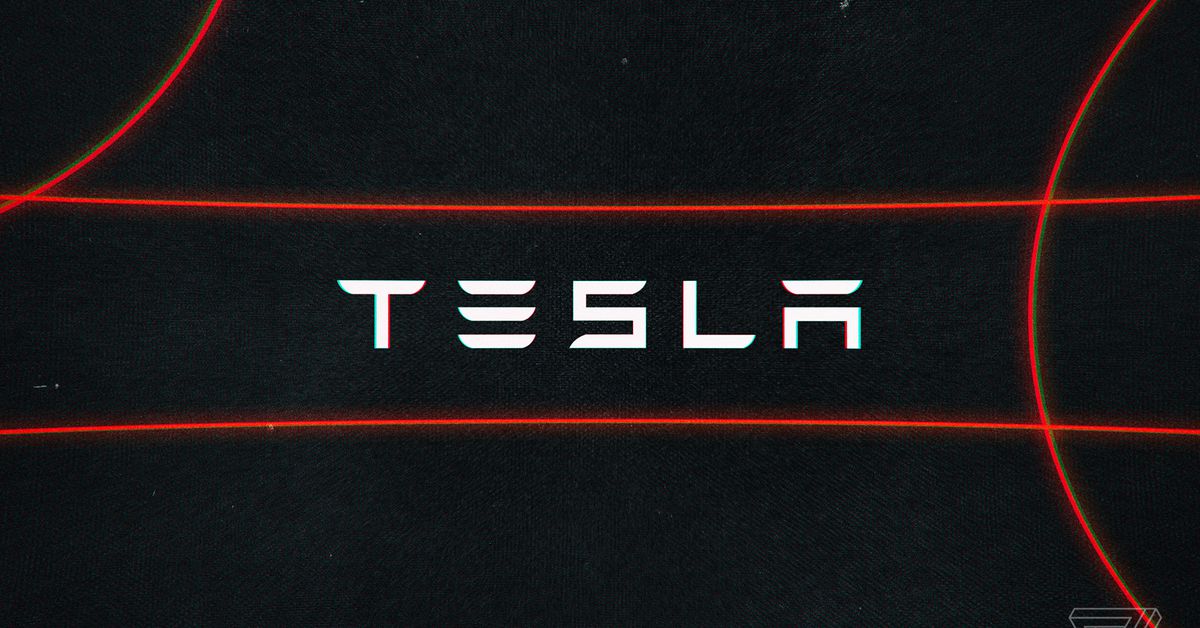Tesla wants net-zero emissions, but its pollution grew in 2023

Tesla’s greenhouse gas emissions grew by nearly 10 million metric tons of CO2 last year, according to the company’s latest impact report, which provides the most revealing look yet of how the company is thinking about climate-related risks and its own carbon footprint.
In 2023, Tesla was responsible for more than 50 million metric tons of carbon dioxide emissions compared to just under 42 million metric tons the year prior, a roughly 20 percent increase in pollution. Most of the additional pollution comes from Tesla’s supply chain. Goods and services it purchased account for nearly 80 percent of the company’s overall carbon footprint.
The report says Tesla is working toward net-zero greenhouse gas emissions “as soon as possible” and outlines steps the company plans to take to get there. It also names some of the biggest risks the company faces as a result of climate change. However, it shows that the company’s supply chain has gotten dirtier over the past year.
The company’s supply chain has gotten dirtier over the past year
Since dirty supply chains often make up the biggest chunk of a company’s carbon footprint, environmental advocates are pushing regulators to crack down on those emissions. It looks as if Tesla is already taking steps to comply with new rules from the Securities and Exchange Commission that require a lot more transparency around climate change.
The SEC’s initial proposal in 2022 would have required large companies to disclose so-called indirect emissions from their supply chains and the use of their products. But that faced immediate backlash from companies saying those were the most difficult emissions to control. The measure was ultimately dropped from climate rules the SEC finalized in March.
Under those rules, which already face challenges in court, big companies will still have to divulge data on carbon pollution from their direct operations and energy use that are “material,” or essential to investors’ understanding of a company’s financial situation. They’ll also have to assess and share risks and impacts they face as a result of climate change.
Tesla conducted a sustainability assessment in 2023 “to determine areas material to the business and salient to society and the environment,” the report says. That resulted in a list of 20 “focus areas,” including climate risk management, air quality, water use, “responsible” AI, the health and safety of its workers, and more.
Drought poses the biggest risk to Tesla’s business in the short term
There’s even an entire section in the report dedicated to climate risk. Drought poses the biggest risk to Tesla’s manufacturing in the short term, it says, while heat becomes a bigger problem in the long term. After all, Tesla operates several facilities in California, Nevada, and Texas — all parched Western states grappling with rising temperatures and increasingly stressed water systems. The company says it assesses climate risks at each of its manufacturing facilities, including flooding, heavy rainfall, strong winds, extreme heat, wildfire, and drought. Those assessments will inform any plans to expand sites or design new facilities, it says.
Tesla also acknowledges in the report that it might have to change the way it does business to bring its carbon emissions down. “As regulations around GHG emissions management evolve, we may need to make further capital investments that are different from or accelerated relative to existing plans, which may impact profitability. Policy changes may impact certain practices or infrastructure, potentially reducing installed capacity because the technology used-such as with die casting or the paint shop-cannot be fully decarbonized,” the report says.
The company, of course, faces a slew of problems beyond climate change. Its sales, stock price, and staff have all dropped in numbers this year. So it won’t be easy for the company to blame lower profits on efforts to comply with climate policy.
While its carbon footprint has grown over the past year, Tesla says that doesn’t account for the pollution avoided when consumers switch from internal combustion engines to electric vehicles. Its customers avoided 20 million metric tons of CO2 pollution in 2023, Tesla estimates. And compared to automakers making gas-guzzling cars, Tesla’s carbon footprint is still much smaller. Ford’s carbon footprint, for comparison, is more than seven times larger at 386 million metric tons of CO2 in 2023.
Tesla claims that typical greenhouse gas accounting methods “weren’t built for a company like Tesla” that makes products including EVs, solar panels, and batteries that displace fossil fuels. Numbers for its greenhouse gas emissions are buried in the report’s appendix without adding up the line items to show a total for its carbon footprint. Up top, the company focuses on comparing the lifetime emissions of its EVs to internal combustion engine vehicles.
When it comes down to it, you can’t manage what you can’t measure. The data Tesla has started to share about its operations will be crucial for holding it accountable to its vision of reaching net-zero emissions. There’s still more vital information the company has to share if it’s taking climate change seriously: a concrete timeline for its efforts to slash pollution.
This seems to be the first time that Tesla has said in a report that it “strives to achieve net-zero GHG emissions across our full product lifecycle, from mining and production through use and end of life recycling.” The report also says the company plans to match 100 percent electricity use for its operations with renewable energy. (It already does this for its Supercharger network.) But the company hasn’t set a deadline for those targets and didn’t immediately respond to questions from The Verge.
https://www.theverge.com/2024/5/24/24163590/tesla-greenhouse-gas-emissions-climate-change-risk-disclosure